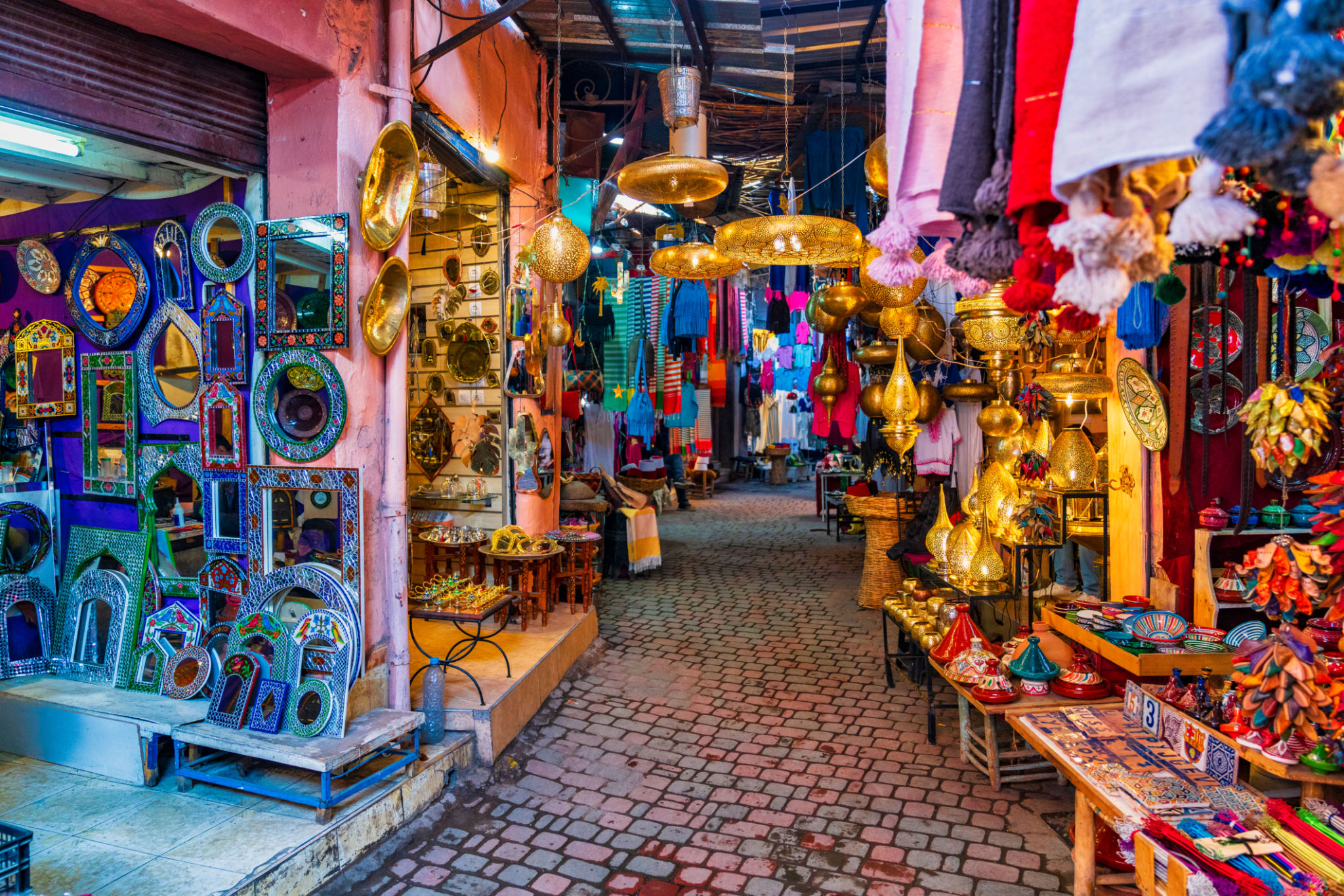Understanding Moroccan Culture: Key Customs and Traditions
The Rich Tapestry of Moroccan Culture
Moroccan culture is a vibrant tapestry woven with diverse influences from its Berber, Arab, and French roots. This North African nation offers a unique blend of traditions and customs that are both ancient and contemporary. From its bustling souks and aromatic spices to its hospitable people and intricate architecture, Morocco's culture is as enchanting as it is diverse.

The Importance of Family
In Morocco, family is the cornerstone of society. Family gatherings are frequent, and relations between family members are deeply valued. It's common for extended families to live together or in close proximity, supporting one another in daily life. Respect for elders is particularly emphasized, with younger family members often seeking guidance from their seniors.
Hospitality: A National Trait
Moroccans are renowned for their hospitality, often going out of their way to make guests feel welcome. Visitors are typically offered mint tea, a national symbol of hospitality and friendship. Serving tea is a ritualistic event that reflects the warmth and generosity of the host, making guests feel at home.

Language and Communication
Morocco's linguistic landscape is as varied as its culture. The official languages are Arabic and Amazigh (Berber), but French is also widely spoken due to the country's colonial history. In urban areas, you might encounter people who speak English, especially in tourist hubs. This multilingualism adds a rich layer to Moroccan culture, offering visitors a chance to engage in diverse conversations.
Cultural Celebrations
Morocco's calendar is dotted with numerous festivals and holidays that highlight its cultural diversity. One of the most significant celebrations is Ramadan, a month-long period of fasting observed by Muslims worldwide. Eid al-Fitr marks the end of Ramadan with feasting and festivities. Another prominent festival is Eid al-Adha, which commemorates the willingness of Ibrahim to sacrifice his son in obedience to God.

Traditional Moroccan Cuisine
Moroccan cuisine is a feast for the senses, characterized by its bold flavors and aromatic spices. Dishes like tagine and couscous are staples, often prepared with a mix of meat, vegetables, and spices such as cumin, coriander, and saffron. Meals are typically communal, reinforcing the tradition of sharing and togetherness that is integral to Moroccan culture.
Art and Architecture
Moroccan art and architecture are reflections of its historical influences and cultural diversity. The country's architecture is renowned for its intricate designs and vibrant colors, evident in mosques, palaces, and riads. Traditional Moroccan art includes zellige (mosaic tilework), calligraphy, and wood carving, each contributing to the country's rich artistic heritage.
Music and Dance
Music and dance are vital elements of Moroccan culture, with each region boasting its own distinct style. Gnawa music, originating from sub-Saharan Africa, combines ritual poetry with traditional instruments like the guembri. The vibrant rhythms of Andalusian music also play a significant role in Moroccan cultural expressions, often accompanied by traditional dances that celebrate community and heritage.
Understanding Moroccan culture requires delving into its multifaceted customs and traditions. Each aspect of Moroccan life offers a glimpse into the heart of this dynamic country. Whether through its family values, hospitality, or artistic expressions, Morocco continues to captivate and inspire all who experience its rich cultural tapestry.
